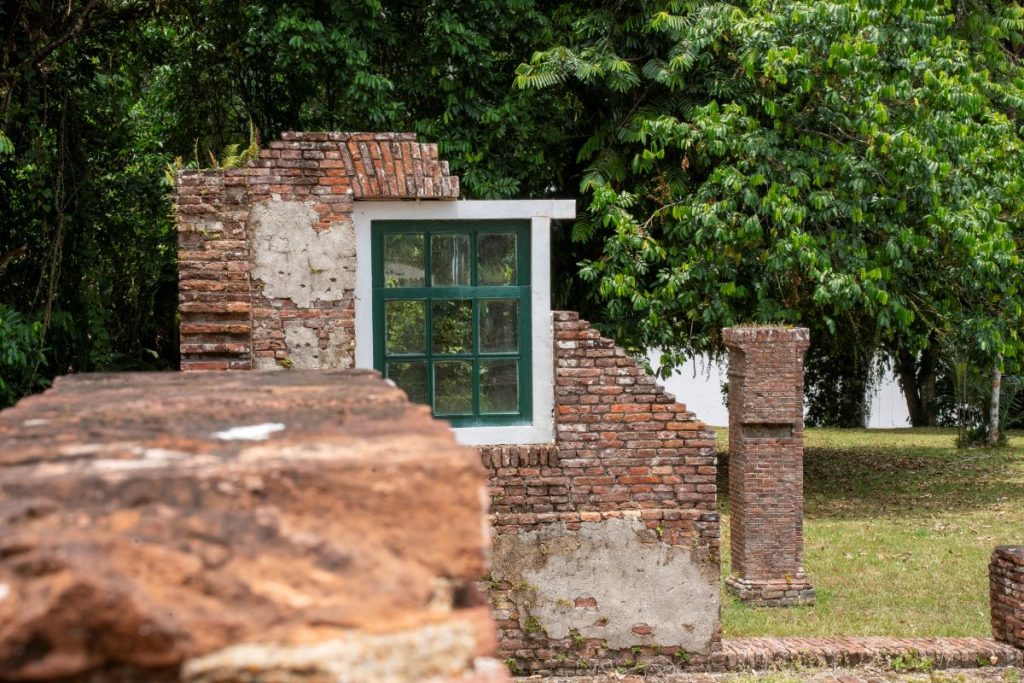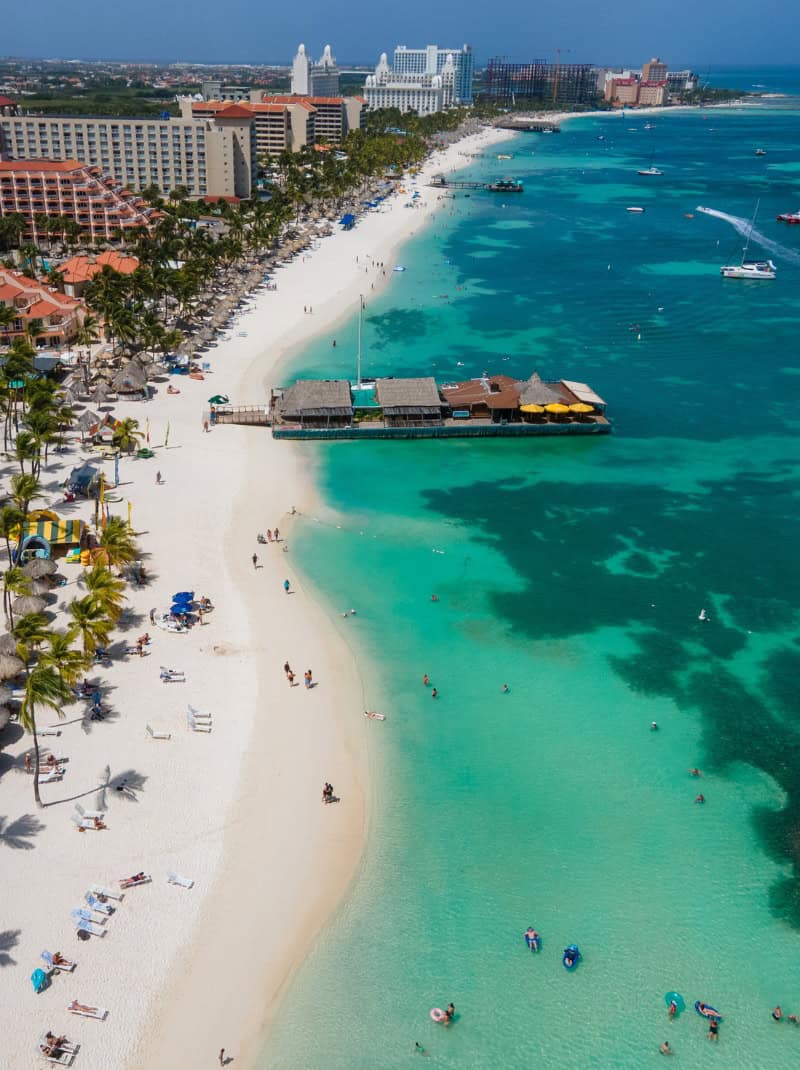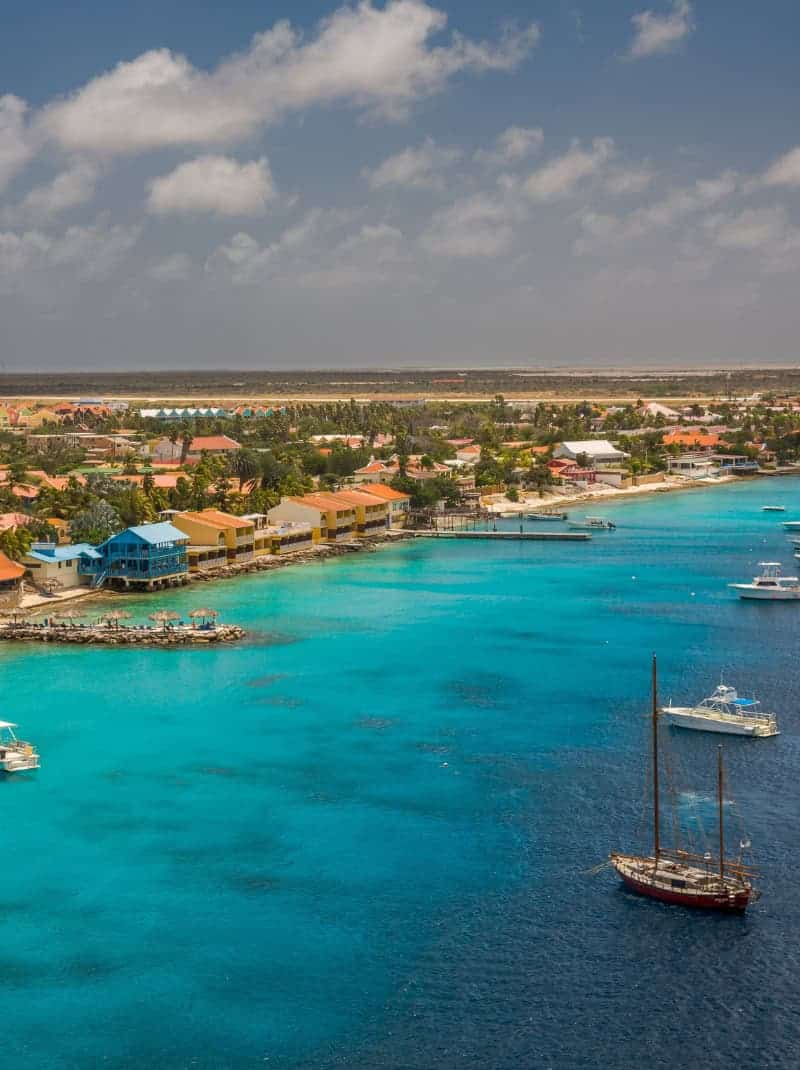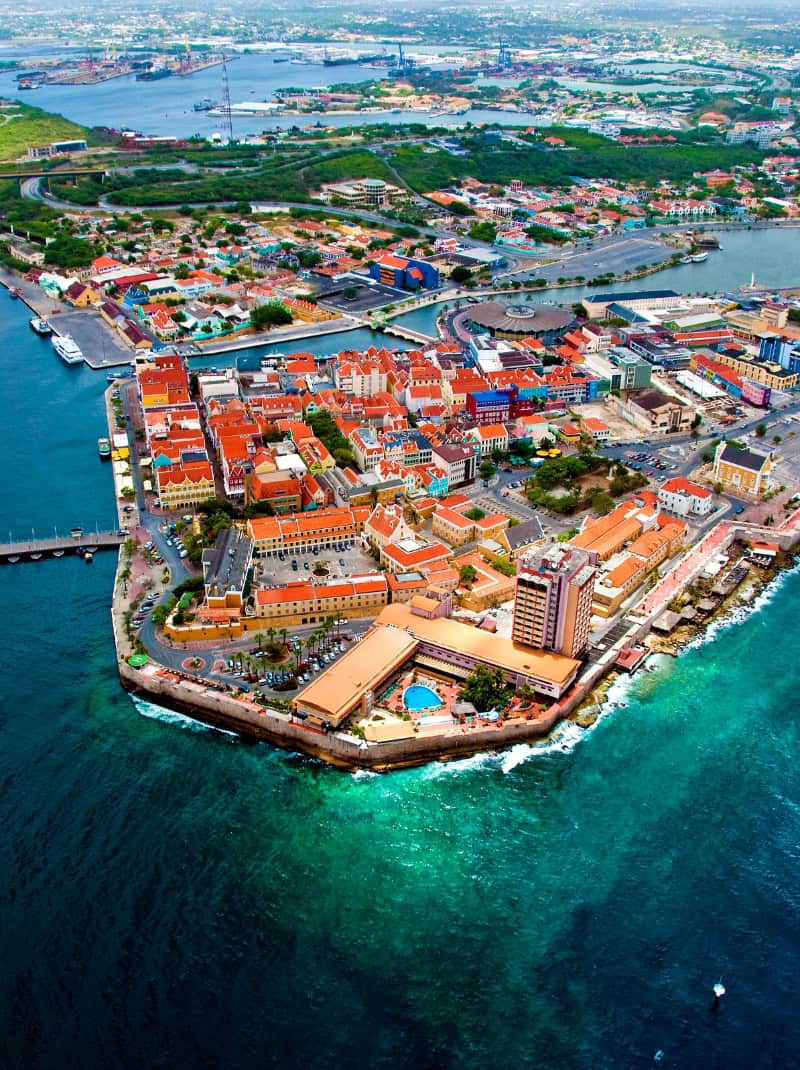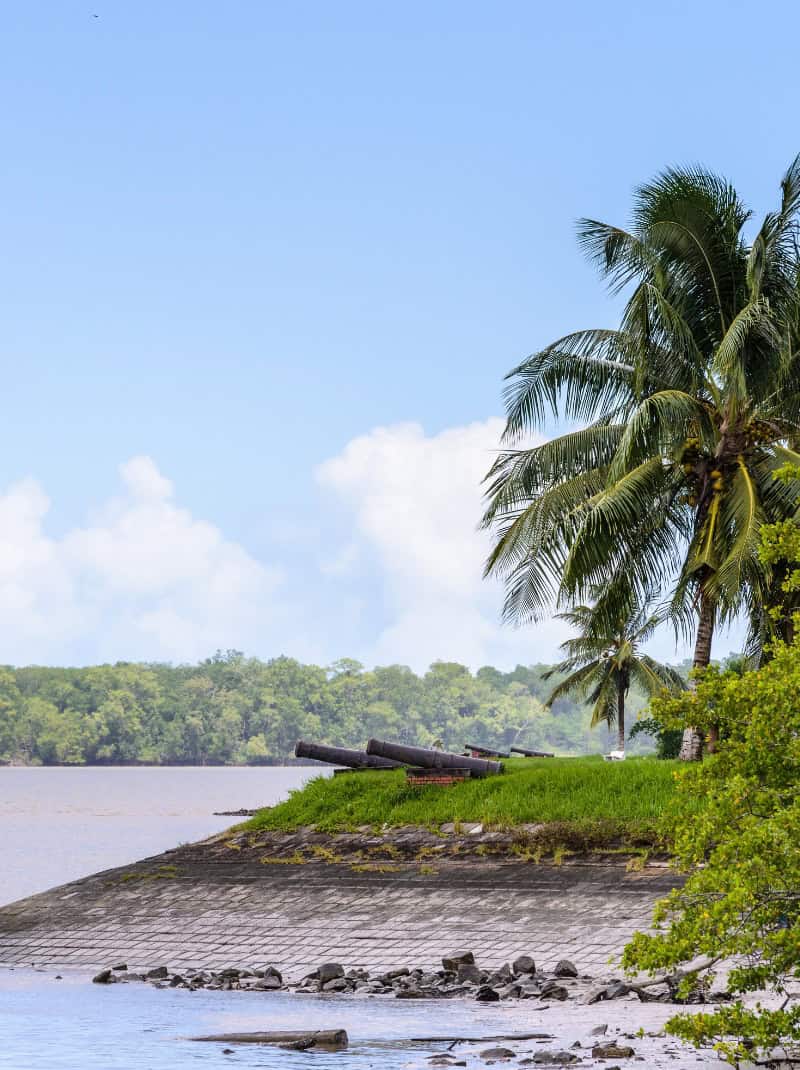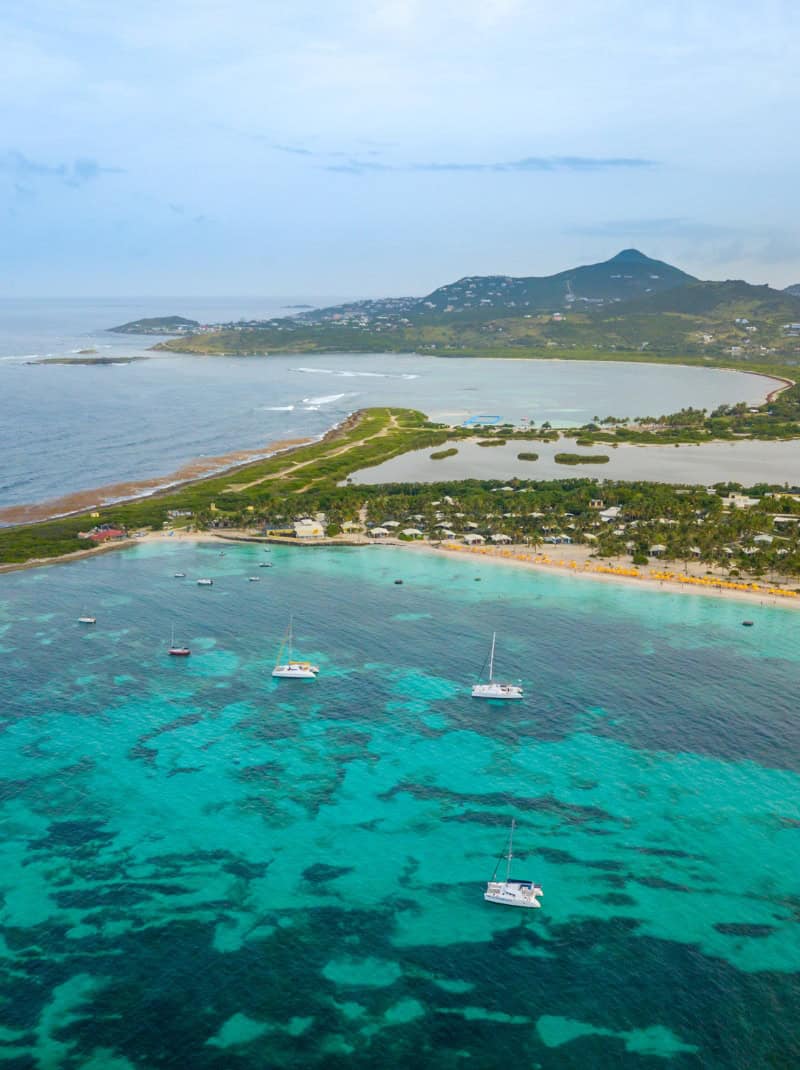Good morning in Surinamese: authentic greetings for a warm start to the day
When you wake up in Paramaribo and the first rays of sunshine fall through your window, you can hear the melodious sounds of Sranan Tongo all around you. “Gu morgu!” it sounds cheerful from the street, followed by the hearty “Fa Waka?” – how are you? These authentic Surinamese greetings are the perfect start to every day in this beautiful South American country.
Understanding local greeting culture is essential for any visitor who really wants to connect with the Surinamese community. Sranan Tongo, the creole lingua franca of Suriname, offers a rich collection of morning greetings that go far beyond a simple translation of “good morning”. These expressions reflect the warmth, hospitality and social cohesion that are so characteristic of Surinamese culture.
For travelers seeking an authentic Suriname experience , learning these greetings is an indispensable step. It opens doors, creates instant connection and shows respect for local traditions. Moreover, it gives you access to the real Surinamese cordiality that so often touches visitors during their stay.
The most used Surinamese morning greetings in Sranan Tongo
In the daily streets of Paramaribo and other Surinamese cities you will hear a fascinating mix of greetings. “Gu morgu” is the direct equivalent of good morning and is used by all age groups. But have you ever stopped to think that most Surinamese immediately follow their greeting with “fa yu tan?” – how do you feel about it?
The combination of greeting and well-being question perfectly illustrates the Surinamese mentality in which personal involvement is central. Other common variants are:
- “Mo gwe” – a more informal version of good morning
- “Fa waka dey?” – How is the day going?
- “It’s going well” – a Dutch influence in Surinamese Dutch
- “Everything is here” – a typical Surinamese expression for “everything is okay”
These expressions formed over centuries of colonial domination and cultural mixing. The English influence is evident in words such as “morning” which was adapted to “morgu”, while African languages left their mark on the syntax structure.
Regional variations and dialects
What is fascinating about Surinamese greeting culture is how it differs per district. In the inland areas you often hear more traditional African influences, while in Paramaribo the Dutch and English elements resonate stronger. For nature lovers visiting the inland areas, it is valuable to recognize these nuances.
The official spelling according to the Prisma dictionary Sranan Tongo offers guidance, but in practice you will notice that spontaneous expressions often deviate from the standard forms. This is what makes conversations so authentic and lively.
Cultural context and meaning of Surinamese greetings
Surinamese greeting culture goes much deeper than just exchanging words. Greeting each other in Sranan Tongo immediately creates an atmosphere of equality and respect. This is especially noticeable during religious gatherings, where texts such as Revelation 15:3 are quoted in Sranan: “sani di a ben lobi” – the things He loved.
The social function of greetings is beautifully illustrated in the phrase “sma e teki den fasi di e sori frede” – people adopt the ways that show peace. This philosophy permeates everyday life and explains why visitors feel so welcome in Suriname.
Godly qualities in daily greetings
Many Surinamese families start their day with gratitude and spirituality. Phrases like “den famiri” (the family) and references to divine blessing are naturally woven into morning conversations. This reflects the strong religious tradition that unites different faiths under a common value system.
For travelers interested in cultural immersion, observing these rituals offers unique insights into the Surinamese soul. Not surprisingly, many visitors extend their trip to delve deeper into this rich tradition.
Tra dei wi ben abi wan rèis (another day we had a trip) – this allows locals to tell you stories about their daily experiences, with each greeting offering a new opportunity to connect and share authentic experiences during your stay in this special country.
The beneficial power of Surinamese greeting culture on body and mind
Exchanging Surinamese good morning texts on a daily basis has a surprisingly profound impact on both your mental and physical well-being during your stay. When you hear “fa ya tan?” in the morning and respond with “everything is here,” you activate neurological processes that lower stress hormones and release endorphins. This simple verbal exchange works as a natural automatic translation between cultures, removing emotional barriers.
Scientific research shows that authentic social interactions, such as the use of local vegetables, strengthen your immune system. The friendly responses you receive when you use Sranan Tongo create a sense of connection that is directly measurable in reduced cortisol levels and increased serotonin production.
Neurological Benefits of Multilingual Greeting Interactions
Your brain undergoes fascinating changes when you switch between English and Sranan Tongo. This mental flexibility, similar to cognitive fitness, strengthens your memory and ability to concentrate. The Prisma dictionary Sranan Tongo documents how this creole language activates unique brain pathways that are otherwise not stimulated.
The complex Sranan syntax requires your brain to make new connections between meaning and sound. This process increases your neuroplasticity – your brain literally becomes more agile and resistant to aging. Visitors who regularly use local greetings report increased alertness and better problem-solving skills.
Physical health effects of cultural immersion
Participating in Surinamese language and culture through daily greetings has measurable effects on your cardiovascular system. The positive social interactions that come from using phrases like “mo gwe” correctly lower your blood pressure and heart rate. This phenomenon, known as the “social buffering effect”, protects you from the negative effects of travel stress.
| Greeting | Physiological effect | Mental advantage |
|---|---|---|
| Gu morgu | Increased dopamine | Improved mood |
| Fa waka | Lowered cortisol | Less anxiety |
| I am good | More stable heart rate | Increased self-confidence |
Nutrition culture and social health
The connection between language and food plays a crucial role in your Surinamese experience. When you order rice with chicken with a friendly “fa yu tan?”, you experience not only culinary authenticity, but also improved digestion due to the relaxed social context. Surinamese literature describes in detail how communal meals, introduced by traditional vegetables, strengthen social cohesion.
Sharing birthday wishes greetings in Sranan Tongo during local festivities increases your oxytocin production – the “cuddle hormone” that promotes feelings of connection and well-being. This biochemical reaction explains why travelers who actively participate in local customs feel more emotionally connected to their travel destination.
Digital detox through authentic communication
Unlike social media interactions, face-to-face greetings in Sranan Tongo require full presence. This forms a natural digital detox that restores your melatonin production and improves your sleep quality. The absence of screens during these authentic exchanges gives your eyes a rest and reduces headaches.
Learning local expressions from a real word list activates other brain areas than digital learning. This tactile and auditory learning method improves your memory retention and creates deeper neural connections. In addition, the direct contact with local speakers stimulates your empathy skills and emotional intelligence.
Spiritual dimension of daily greetings
The pious qualities that are interwoven in Surinamese greeting culture offer a unique form of mindfulness. Expressing gratitude in Sranan Tongo, inspired by texts such as those from Revelation 15:3, activates your parasympathetic nervous system. This results in deeper breathing, relaxed muscles, and increased mental clarity.
This spiritual component of communication, explored in the Atlas of the languages of Suriname, shows how language and faith together contribute to psychological resilience. Travelers who are open to this dimension often experience a sense of inner peace that lasts long after their return.
Frequently asked questions (FAQs)
Your journey, just the way you want it
Whether you dream of a private snorkeling tour, a surprise trip for a special occasion or just want to be completely unburdened, we will arrange it!
Together, we’ll put together a unique experience that perfectly suits your needs. Personalized, flexible and organized to perfection.


